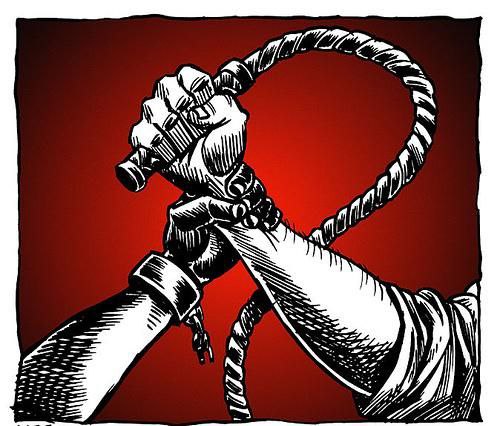|

Combating Torture: A Collective ResponsibilityBy the Website Editor Introduction Torture is one of the most heinous crimes against human dignity. It violates every moral value and principle of international law. It is not only an assault on a person’s body but also an act of psychological destruction, an insult to their humanity, and a means of intimidating society as a whole. Therefore, combating torture cannot be left to a few individuals or organizations; it is a collective responsibility that requires the concerted efforts of everyone, from state institutions to ordinary citizens. 1. The Legal Responsibility of the State The state bears the primary responsibility for preventing torture by enacting laws that clearly criminalize it and by establishing accountability mechanisms that deter its practice. The state must also honor its international obligations, including the United Nations Convention Against Torture (UNCAT), ensure the independence of the judiciary, and provide effective reparation for victims. 2. The Role of Educational and Media Institutions Schools and universities play a vital role in instilling human rights values in younger generations. The more people understand human dignity and recognize that torture is a crime that is not subject to a statute of limitations, the stronger a society’s resistance to it becomes. The media also carries a serious responsibility: to expose violations, amplify victims’ voices, and hold perpetrators accountable — not to justify repression or distort the truth. 3. Civil Society and Individual Conscience Human rights organizations, unions, and professional associations all play a key role in documentation, advocacy, and public awareness. But individuals themselves also have an important role to play, by reporting abuses, showing solidarity, and refusing to remain silent. Silence in the face of the crime is complicity, and it creates an environment that allows such crimes to continue. 4. A Culture of Nonviolence and Justice Combating torture begins with rejecting violence as a means of interaction, whether in the family, at school, or in society. It starts by promoting a culture of rights, nurturing a generation that respects others and believes in justice and accountability, not in revenge or domination. Building a society free of torture begins with the values we instill every day. Conclusion Combating torture is not a slogan; it is a moral, human, and legal duty. It is a long-term struggle that requires awareness, courage, and persistence.
When each person realizes their own responsibility, and understands that silence only helps the crime continue, the path toward a just society becomes clearer.
Let us all, individuals and institutions alike, work together to ensure that human dignity remains a red line that must never be crossed. |